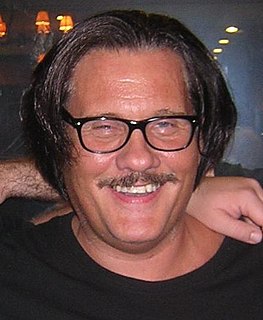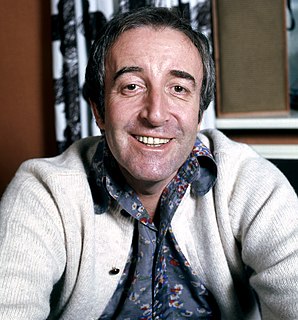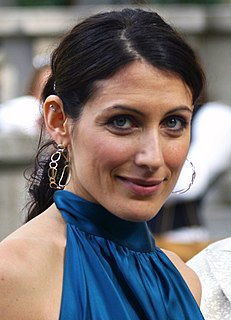A Quote by Matt Bomer
My favorite actors are people who I don't know anything about, and I can project any character onto them.
Related Quotes
I love what I do. And in the true sense, from my training, I try to create a character each time. It is something I do. But I don't want that term to limit what I can do. I prefer people to say to me, 'You're one of my favorite actors,' rather than 'You're one of my favorite character actors.' It sounds like a slam.
My favorite actors are actors who are enigmatic and mysterious and never make the obvious choice in terms of the projects they do or who they work with or their craft. But I think that the less I know about an actor, the more chance I have of allowing their own persona to kind of slip away so I can get completely lost in the character they're playing, and the more that people think they know about your personal life, the more difficult it becomes to preserve that.
My experience over the years with working with people who are not actors or not trained actors is that you have to get to know them well enough to see what they have that's translatable onto the screen. So you're constantly calibrating to play to their strengths. And the key is to never ask them to do things that are beyond their abilities or are really far away from who they are at their core.
I do think that people get really emotionally involved in the TV shows that they love and I think that is fantastic. Of course they are going to have opinions. The other thing is that people project onto their television shows. They see a character and layer on many traits that are actually their own or their idea of what that character is.


































